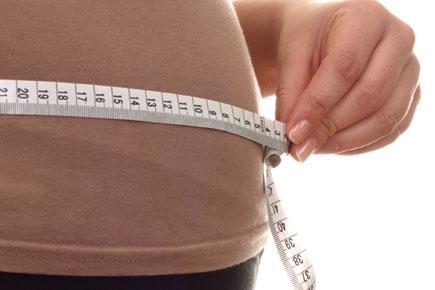Home / Lifestyle / Health & Fitness / Article /
Alert! Belly fat could raise your cancer risk
Updated On: 26 August, 2017 12:26 PM IST | New York | IANS
<p>Belly fat may release more of a protein that can cause a non-cancerous cell to turn into a cancerous one, new research has found</p>
Listen to this article :


Representation pic
Belly fat may release more of a protein that can cause a non-cancerous cell to turn into a cancerous one, new research has found.
Read Next Story



